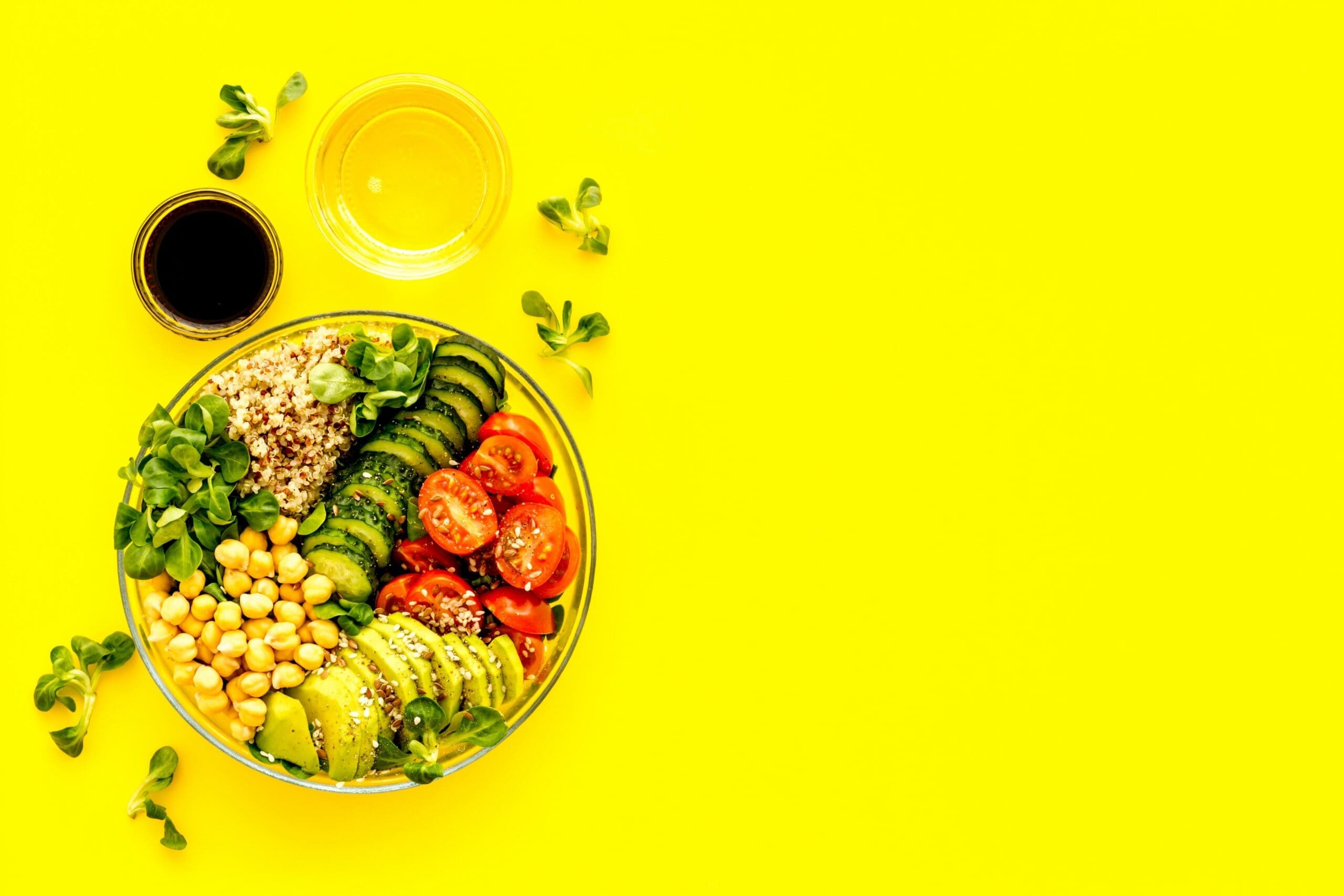Iron deficiency can be a nutritional problem and vegetarians, especially women, may need to take special care to avoid it. Because iron stores in vegetarians are usually lower (although still within the normal range), there is less leeway for poor dietary choices.
The major function of iron is to transport oxygen to all of the organs, muscles and tissues in your body. Anaemia caused by iron deficiency can cause symptoms such as tiredness, weakness, shortness of breath, and headache.
Iron in food
There are 2 forms of iron found in food — haem iron and non-haem iron. Haem iron is the more readily absorbed form of iron, and makes up about 40 per cent of the iron in meat, poultry and fish. Eggs and many plant foods also contain iron, but it is in the non-haem form, which is less well absorbed.
If you are a vegetarian, you need to include plenty of iron-rich foods in your diet. You should also take care to combine iron-rich foods with foods that enhance iron absorption, and avoid foods and drinks that inhibit absorption.
For vegetarians, sources of iron include:
- tofu;
- legumes (lentils, dried peas and beans);
- wholegrain cereals (in particular, iron-fortified breakfast cereals);
- green vegetables such as broccoli or Asian greens;
- nuts, especially cashews;
- dried fruits such as apricots;
- eggs; and
- seeds such as sunflower seeds or products such as tahini.
It is recommended that everyone, whether following a vegetarian diet or not, should include some plant-based foods in every meal. Vegetarians should include iron-rich foods in these choices.
Enhancing iron absorption
Vitamin C
Ascorbic acid (vitamin C) has been shown to enhance the absorption of the non-haem iron found in plant foods by up to 2 to 3 times if taken at the same time. So to improve your iron intake, combine iron-rich plant foods with foods that are rich in vitamin C.
Any fruit or vegetable will supply some vitamin C, but good sources include:
- citrus fruits;
- kiwifruit;
- strawberries;
- tomatoes;
- capsicum;
- broccoli;
- cabbage; and
- spinach.
Inhibitors of iron absorption
Tannins
Tannins fall into a class of plant compounds called polyphenols. They are found in regular tea, herbal teas such as peppermint tea, red wine, coffee and some berries (such as cranberries).
Tannins may have some health benefits, but they can ‘tie-up’ non-haem iron, reducing its absorption. So to minimise this effect and ensure adequate iron absorption, vegetarians should try to avoid drinking strong tea, red wine, coffee and cocoa (which all contain tannins or polyphenols with similar properties) at meal times.
The effect of tannins in reducing iron absorption can be partially overcome by including sources of vitamin C that enhance iron absorption.
Calcium
While calcium is important for bones, it may also inhibit iron absorption. For best absorption of iron, avoid taking calcium supplements at the same time as eating iron-rich foods.
Zinc
Excessive intakes of zinc (as a result of overuse of zinc supplements) can also impair iron absorption.
Recommended iron intake
The National Health and Medical Research Council’s recommended dietary intake (RDI) of iron for vegetarians is almost double that of non-vegetarians.
Absorption of iron may be lower with a vegetarian diet, but vegetarians can consume adequate iron to meet their daily needs by eating a diet that includes a wide variety of plant foods, especially those rich in iron. It’s also important to reduce the risk of low iron levels by eating foods that enhance iron absorption, such as those that are good sources of vitamin C, at the same meal.

